Sandbagging is a term that often stirs controversy and debate within the pickleball community, leaving many players wondering, “What is sandbagging in pickleball?”
Defined as the practice of intentionally underestimating one’s skill level to gain a competitive advantage, sandbagging has the potential to undermine fair play and sportsmanship in pickleball tournaments and casual play alike.
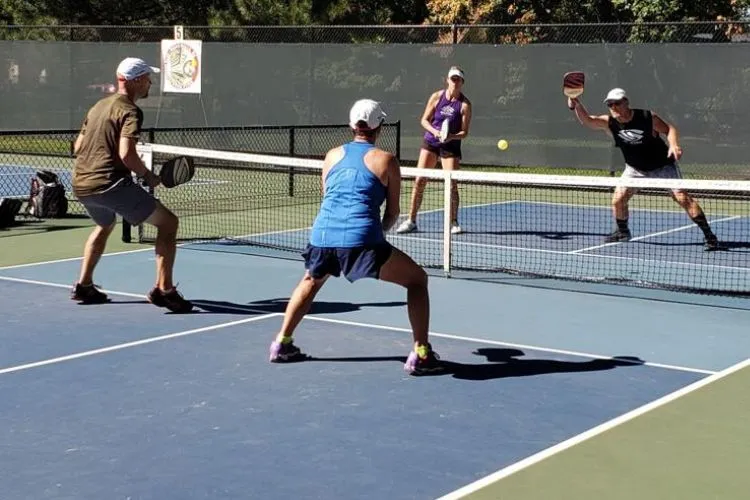
In this comprehensive guide, we will delve into the intricacies of sandbagging in pickleball – from its impact on gameplay to ethical considerations and strategies to combat this contentious practice.
what is sandbagging in pickleball?
Sandbagging in pickleball refers to the deliberate act of underestimating one’s skill level in order to gain an unfair advantage over opponents during gameplay or tournaments.
This practice involves intentionally downplaying one’s abilities by competing in lower skill-level divisions or misleadingly self-rating below their actual skill level.
Sandbagging can have detrimental effects on the integrity of the game. By purposely manipulating their skill rating, sandbaggers aim to secure matches against players of lower proficiency, resulting in imbalanced competition.
This not only undermines fair play but also deprives other players of the opportunity to engage in matches against opponents of similar skill levels and impedes their growth and development in the sport.
To address sandbagging, pickleball organizations and tournaments implement measures such as fair competitive divisions and rating systems. By organizing players into divisions based on their skill levels, tournament organizers can ensure fair competition and mitigate the effects of sandbagging.
Transparent rating systems that evaluate and verify skill levels also play a crucial role in discouraging sandbagging and maintaining a level playing field.
Sandbagging is widely viewed as a violation of fair play and sportsmanship within the pickleball community. Organizations establish penalties, such as warnings, disqualification, or even suspension from future events, to deter sandbagging and uphold the principles of honesty and integrity in the game.
The Impact of Sandbagging
Sandbagging can have far-reaching negative consequences within the pickleball community. One of the most significant effects is the disruption of fair play.
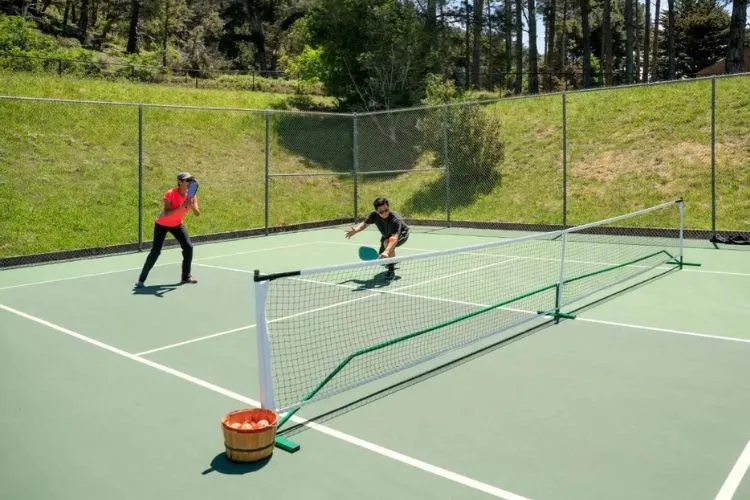
When players intentionally downgrade their skill level, they gain an unfair advantage over opponents, leading to imbalanced matches that erode the spirit of competition.
Moreover, when players face sandbaggers, they are deprived of the opportunity to compete against opponents of similar skill levels. This can hinder their growth and development in the game, as well as lead to frustration and disillusionment.
The perpetuation of sandbagging tactics can ultimately harm the overall integrity and long-term sustainability of the pickleball community.
Recognizing Sandbagging Techniques
To combat sandbagging effectively, it is crucial to understand the signs and behaviors that indicate a player may be sandbagging.
Some common techniques employed by sandbaggers include deliberately underperforming during gameplay, displaying inconsistent performance across different events, and strategically manipulating ratings to conceal their true skill level.
Analyzing player ratings and skill disparities is another useful tool in identifying potential sandbagging. Significant disparities between a player’s self-rated skill level and their results in competitive play can raise suspicions of sandbagging.
By recognizing these techniques and patterns, players and tournament organizers can better address sandbagging incidents.
You may also find interesting: What is Shake and Bake in Pickleball? | What is a Spike in Pickleball?
Ethics and Consequences of Sandbagging
While some players may view sandbagging as a strategic advantage for personal gain, it is important to consider the ethical implications of this practice.
Sandbagging contravenes the principles of fair play and sportsmanship that underpin the game of pickleball. Intentionally misleading opponents and manipulating skill ratings erode the trust and integrity of the sport.
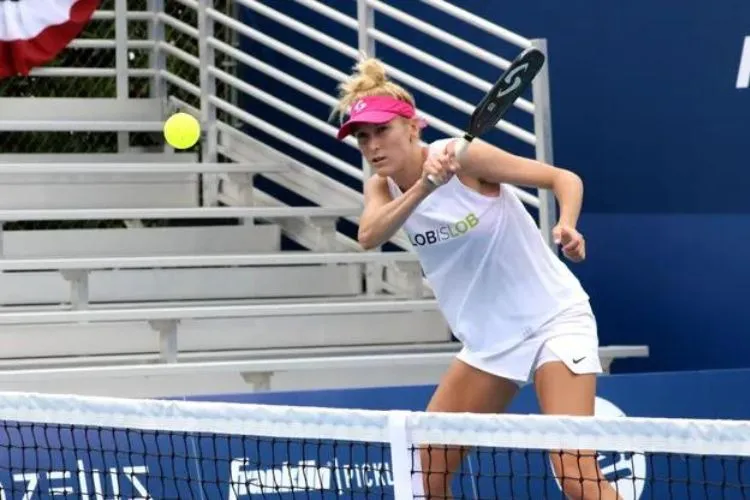
Consequences for sandbagging vary between different pickleball organizations and tournaments. Penalties can range from warnings and disqualification to suspension from participating in future events.
By imposing strict consequences, the pickleball community can discourage sandbagging and maintain a level playing field for all players.
Strategies to Combat Sandbagging
To overcome the challenges posed by sandbagging, several strategies can be employed at individual and organizational levels. Implementing fair competitive divisions in tournaments is an essential step.
By grouping players based on skill levels, organizers can ensure that participants compete against opponents of similar abilities, minimizing the potential for sandbagging.
Rating systems and rules are another effective tool to combat sandbagging. Organizations can establish clear guidelines for self-rating, alongside mechanisms to evaluate and verify skill levels.
By adopting transparent rating systems, tournament organizers can instill confidence in players, reducing the temptation to sandbag.
Pro Tips for Dealing with Sandbaggers
While prevention is crucial, players also need strategies to navigate tournaments and matches where sandbaggers may be present. One effective approach is to focus on personal skill development.
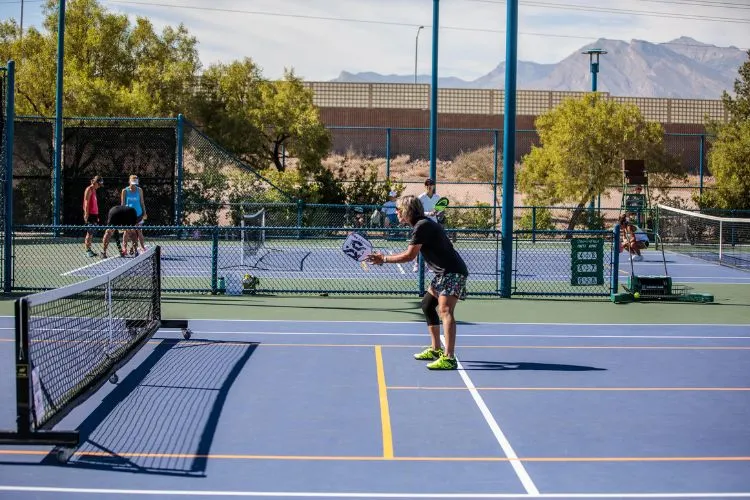
By continuously honing one’s own abilities, players can counteract the advantages gained by sandbaggers and increase their chances of success.
Maintaining a positive mindset is equally important. Shifting the focus from the actions of sandbaggers to personal growth and enjoyment of the game can shield players from frustration and discourage sandbaggers from disrupting the spirit of competition.
Frequently Asked Questions (FAQs)
What are the legal ramifications of sandbagging?
The consequences of sandbagging vary among pickleball organizations and tournaments. Penalties can range from warnings and disqualification to suspension from participating in future events.
How can tournament organizers prevent sandbagging?
Tournament organizers can prevent sandbagging by implementing fair competitive divisions and transparent rating systems that discourage manipulating skill ratings.
Are there any instances where sandbagging is allowed in pickleball tournaments?
No, sandbagging is universally frowned upon in the pickleball community and is considered a violation of fair play and sportsmanship.
Conclusion:
Sandbagging remains a contentious practice within the pickleball community, with far-reaching effects on fair play and sportsmanship.
By understanding the impact of sandbagging, recognizing its techniques, and implementing strategies to combat it, players and tournament organizers can foster an environment that promotes integrity and equal competition.
Ultimately, the pickleball community thrives when all participants embrace the principles of fairness, ensuring that the game remains enjoyable and rewarding for everyone involved.
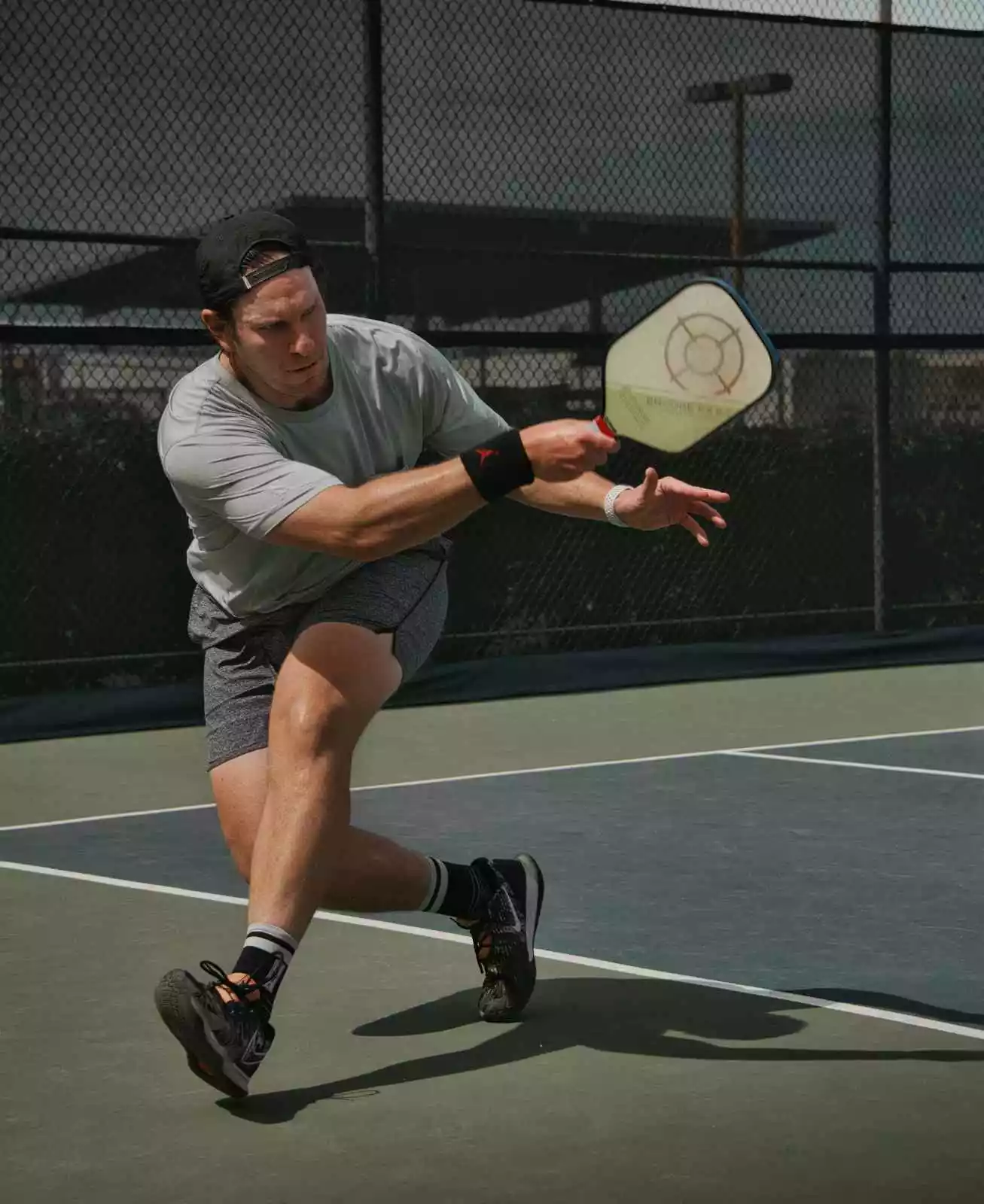
Pickleball’s more than a game to me—it’s a passion. I write, sharing its highs and lows, the thrills and the lessons. Some tales might draw you to the court, while others give a hint of the game’s magic. So, curious about my journey? Ready to dive deep into the world of pickleball with me? Let’s go.
